EMA Explores Regulatory Challenges and Opportunities for Psychedelic Therapies in Europe
In April, the European Medicines Agency organized a workshop on psychedelic therapies to discuss the specific challenges of their research and application. The aim was to explore how the EU regulatory framework can support their development and marketing authorization.
Following the workshop, the EMA just published a comment in Lancet Psychiatry: “Applying the EU regulatory framework for the clinical use of psychedelics” (https://lnkd.in/dFzkgeEu).
The EMA recognizes the therapeutic potential of psychedelics, but notes that various knowledge gaps must be addressed before authorization can be granted. These gaps include determining optimal dosing and administration, appropriate masking in clinical trials, managing expectancy effects, and systematically gathering data on adverse effects.
The EMA also highlights the importance of defining the nature and role of 'set and setting', particularly integrating psychological support or psychotherapy, to ensure the safe and effective use of psychedelic treatments. Comprehensive informed consent procedures are needed to mitigate risks related to the unpredictability and heightened suggestibility associated with the psychedelic experience.
The paper outlines three key themes from the workshop:
1. Generating robust data: Addressing existing knowledge gaps and demonstrating the benefits and risks of psychedelics in specific indications.
2. Multi-stakeholder collaboration: Navigating legal constraints and real-world implementation of psychedelics requires collaboration across various stakeholders. Involving patients is crucial, as is the establishment of harmonized treatment guidance for clinicians by learned societies and the enforcement of best practices by relevant medical boards.
3. Early engagement with EMA: Facilitating development and the marketing authorization application process through early engagement. The EMA offers various regulatory platforms and tools to discuss issues at any stage of development in confidence.
The EMA is open to collaborating with research consortia funded by the EU and encourages applications for such projects. This is a significant opportunity, and PAREA is currently exploring it.


